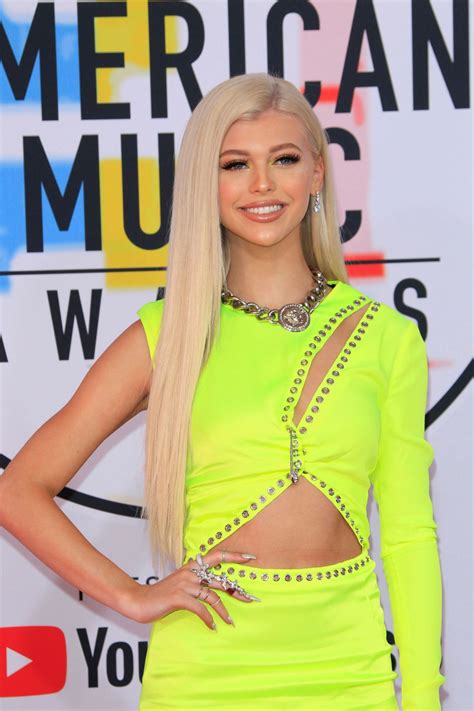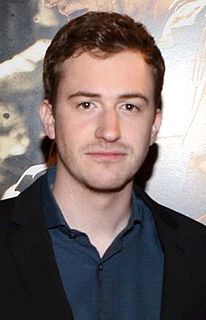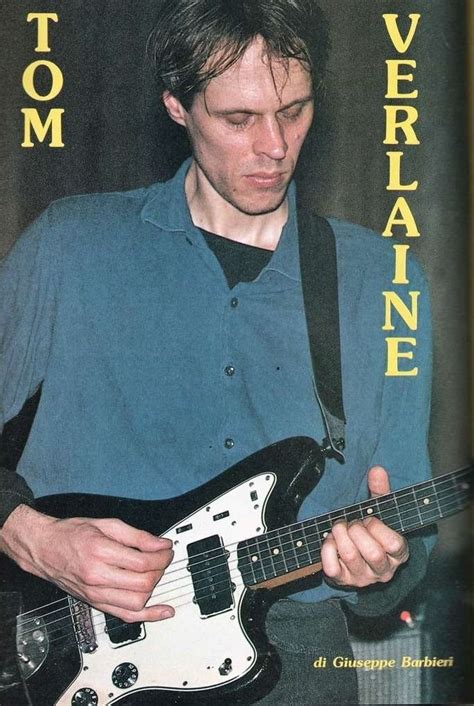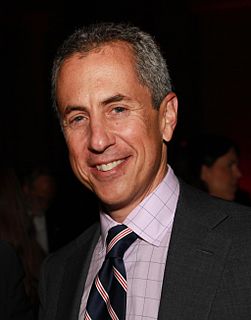A Quote by Loren Gray
I write a lot of my own music. I usually go in with a producer, and every now and then there will be another writer in the room.
Related Quotes
I've written arrangements for choirs and strings in the past, but I usually write music with my voice or a keyboard and then I'll get someone who is good at writing scores to write it out. Or, if I have the luxury of time, I will go in a room and hear the people perform and then change it through what I hear, not on paper. I can read music OK, but I probably rebelled a little - music changes into something else when you read it.
I did not always know I would be a writer. Until I had a room of my own, I did not write much at all - no more than any other child who read a lot of books. I began to write fiction and poetry when I first had a room that was truly my own with a door that shut and some measure, however fragile, of privacy.
The first thing a writer has to do is find another source of income. Then, after you have begged, borrowed, stolen or saved up the money to give you time to write and you spend all of it staying alive while you write, and you write your heart out, after all that, maybe no one will publish it, and if they publish it, maybe no one will read it. That is the hard truth, that is what it means to be a writer.
When I was in the writers' room, all these writers were like, "Ugh, another star that they gave a writing-producing credit to." But then within like an hour, they were like, "You're really a writer." "Yeah, I really am. I'm a writer, and a director, and a producer, and an actor, and a painter, and I do all that stuff in the Lush Life." It was great.
I've written so many things over the years that I don't want to go back to being just a scriptwriter. I'm in what I consider to be the enviable position of all I have to do is come up with the idea and write an outline that makes it seem like it's a viable idea that will interest people, and then other people write the scripts -- and I become the executive producer or the producer, depending on how much involvement I have, and I get a creative credit and then move on to the next project.
I'm not sure if it's because I'm older and I'm thinking about family more, but I'm trying to set up this thing where I can play in one city for a month, and then write music for a couple months, then play in another city for a month, write music for a month. Just so it's not these two schizophrenic, Jekyll and Hyde kind of things; you don't have to be this monster. You get inspired and you can go write one song from that, and then you go back and play a few shows. If I could've done that in the 90s, I would have.
I don't write as much now as I used to, but I write. The lines still come, maybe periodically, and I'll go through these little bursts of time where I write a lot of things then a long period of time where maybe I don't write anything. Or these lines will come into my head and I'll write 'em down in a little book, just little sets of lines, but I won't try to make stories or poems out of them. I'm doing a lot of that now, just the lines.
I write a lot of more instrumental music than I do vocal music. It's because I come out of a background of playing piano and then playing sax for a number of years. I kind of got into rock backwards. A lot of guys go into rock and then get sick of it and then go into something else. I came the other way, so I've always just had a lot more stuff lying around.



































